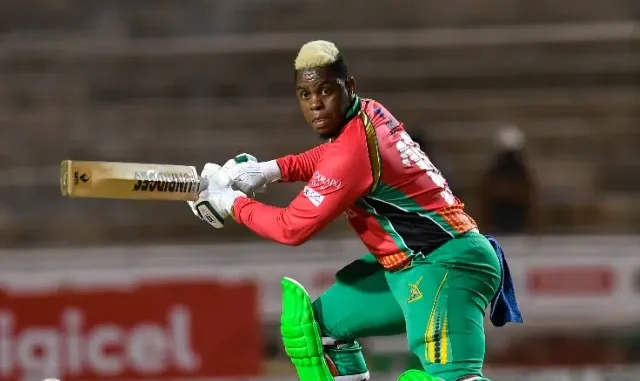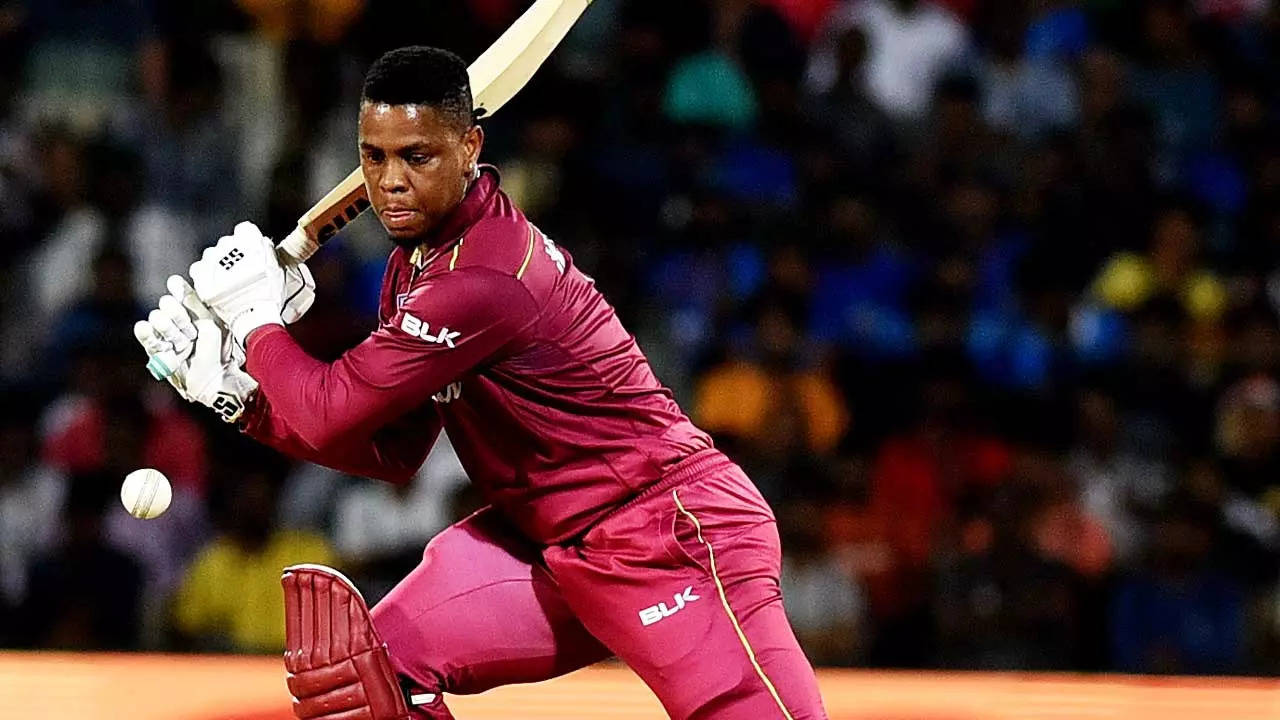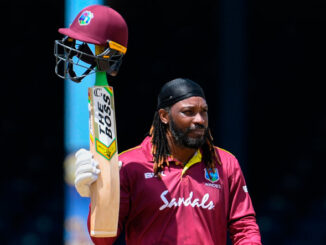
Within the vibrant and intense realm of cricket, where victories and setbacks reverberate over the ages, there exist instances that beyond the confines of the game, striking at the very essence of the human condition. A very moving example of this occurred when West Indies cricket player Shimron Hetmyer, a powerful batsman, decided to leave the game after his wife passed away. This departure is a witness to the enormous effect that personal loss has on athletes’ life because it is not accompanied by the cheers of fans or the joy of successes, but rather by the quiet sadness of a broken heart. We examine the relationship between sportsmanship, bereavement, and the meaning of Hetmyer’s retirement.
The cricket career of Shimron Hetmyer was characterized by promise and potential. Hetmyer, who is from the cricket-loving country of Guyana, rose to fame due to his natural talent and steadfast determination. He was well-liked by both fans and commentators because of his aggressive crease style and talent for winning games. Hetmyer was a true West Indian cricketer, daring, resilient, and unabashedly passionate, whether it was through his explosive stroke play or his ability to steady an innings under duress.
Nevertheless, even the most fearsome of champions can get off track due to life’s unforeseen circumstances. Hetmyer’s professional apex was cruelly correlated with the death of his wife Nirvani Hetmyer, a devastating experience that overshadowed any cricket victory. In the aftermath
Shimron Hetmyer, a left-hander, draws attention with both his rainbow-colored hair and his aggressive strokeplay.
After helping the West Indies win their first Under-19 World Cup in 2015–16, he went on to establish himself as a T20 cricket player of lower middle order brute force. His ability to accelerate from zero to sixty in no time paid off for the Delhi Capitals and Rajasthan Royals in the early 2020s IPL season. In a same spirit, Hetmyer scored a century for Guyana Amazon Warriors versus Jamaica Tallawahs in the 2018 CPL at two runs per ball. He scored two hundreds in three innings during that same season in ODI cricket, where he primarily plays as a hard-hitting No. 5 for the West Indies.




Be the first to comment